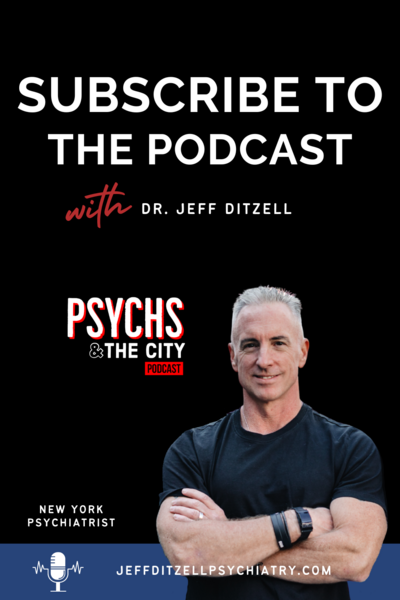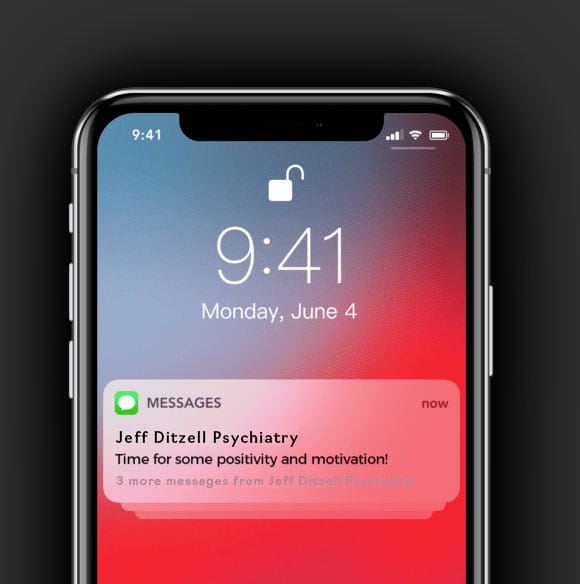
COVID has rearranged everything. Where we once had to get dressed and travel to work, now we roll over and open our laptops. Where we used to enjoy bustling restaurants packed diners, now we order in. And of course, therapy has changed, too. Online sessions with a therapist have become suddenly the norm for many New Yorkers and people all over the country. But is online therapy effective?
Change always bring about a certain amount of hesitancy. If something was working before, changing it might break what wasn’t broken. The purpose and process of therapy is no different.
For those who worry about the effectiveness of virtual therapy appointments, the concern lies in the technological disconnect between the therapist and the patient. Without being in the same room as the patient, can therapists really do their jobs?
Science says yes.
Research supports the claim that online therapy is effective just as effective as in-person therapy for most patients.
COVID may have forced many people to switch to online therapy, but the changes are likely to stick long-term because of the many benefits of online therapy. Many people have found the switch to online therapy a godsend because it solves so many of the problems that prevented certain people from getting therapy in the first place. Here are just some of the benefits of seeing a therapist via computer rather than face-to-face.
Of course, with all these benefits come drawbacks, as well. Online therapy is not for everyone, and though it may make therapy easier for some clients, it could make finding true relief more difficult for others.
You’ll have to check with your health insurance provider to be sure, but many insurance companies do cover virtual mental health appointments. Some questions you’ll want to ask when you call your insurance company include:
Many people start their search for an online therapist with Google but beware. With the multitude of unrepeatable online therapy sites out there, it can be easy to fall prey to a company that wants to take your money but will only provide, at best, mediocre mental health care.
Instead of working with a random therapy website, we suggest working with a traditional, licensed, in-person therapist or psychiatrist that also does virtual therapy sessions. Some therapists offer phone visits, while others offer video appointments via an online meeting software like Zoom.
Our office in New York City offers online therapy sessions seven days a week, including evenings, to make it easy to get the mental health care you need on your schedule. Schedule your first therapy appointment here, or give us a call at (646) 751-7908.

Dr. Jeff Ditzell, D.O. is the lead psychiatrist at Dr. Ditzell Psychiatry with over 25 years experience treating people for Anxiety, Depression, OCD, PTSD, Adult ADHD, Bipolar Disorder, using ketamine treatments, psychotherapy, and so much more.
 Hello,
I'm Dr. D!
Hello,
I'm Dr. D!
At my psychiatry practice in New York Cty, we're focused on giving you a 360 approach to mental health. It's time we end the stigma on mental health.

Each week we'll explore all things Mental Health, Mindset, Fitness, and Psychiatry!
tell me moreYou know what they say “self-care” is the best care. Why not kick off your morning the right way by signing up to receive our positive text messages reminding you to be mindful and encouraging you to conquer the day!
